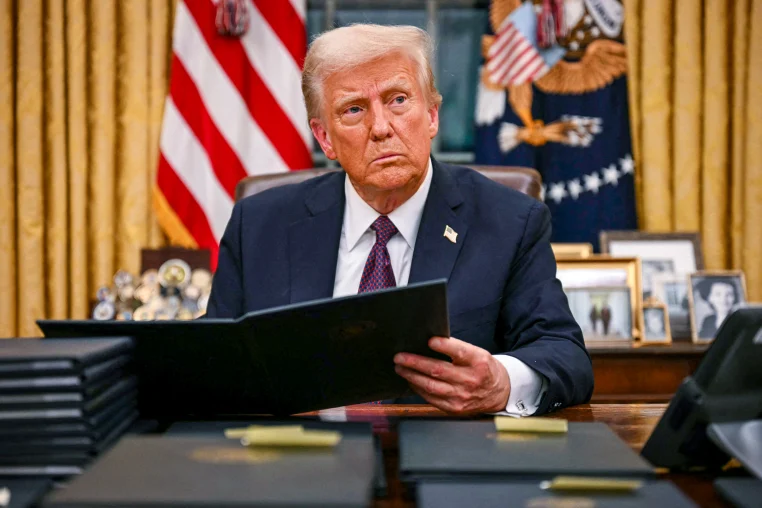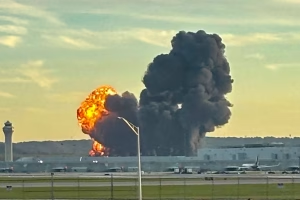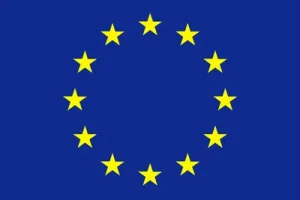Baghdad, Iraq – The United States is evacuating non-essential staff and their dependents from its embassy in Baghdad, Iraq, citing heightened security risks in the region. While officials did not specify the exact reason for the move, US government sources have reportedly been informed that Israel is prepared to launch an operation into Iran, according to the BBC’s US partner, CBS.
This potential development is understood to be a factor in advising some Americans to leave the Middle East, with officials anticipating that Iran could retaliate against US sites in Iraq. US officials have also restricted the movements of their staff within Israel itself.
The developments come as US talks over Iran’s nuclear programme appear to have stalled in recent days. Despite this, US Middle East envoy Steve Witkoff is still scheduled to hold talks with Iran on its nuclear programme in Muscat, Oman, on Sunday, CBS reported, citing officials. Axios reported that Mr. Witkoff would meet with Iranian Foreign Minister Abbas Araghchi.
A US State Department official told the BBC: “We are constantly assessing the appropriate personnel posture at all our embassies. Based on our latest analysis, we decided to reduce the footprint of our mission in Iraq.” The department later announced further restrictions on US government staff travel within Israel, limiting it to the areas of Tel Aviv, Jerusalem, and Be’er Sheva, due to “increased regional tensions.”
Speaking in Washington D.C. on Wednesday evening, US President Donald Trump told reporters that Americans had been advised to leave the region “because it could be a dangerous place, and we’ll see what happens.” President Trump reiterated that the US does not want Iran to develop a nuclear weapon, stating, “We’re not going to allow that.” He has expressed a desire to strike a deal to prevent Tehran from acquiring nuclear weapons.
Earlier this week, President Trump reportedly held a “tense” 40-minute phone call with Israeli Prime Minister Benjamin Netanyahu, who has long advocated for a military rather than diplomatic approach to Iran.
The International Atomic Energy Agency’s (IAEA) board of governors began a meeting in Vienna on Monday to discuss Iran’s nuclear programme. This followed an IAEA report criticising Tehran’s “less than satisfactory” co-operation, particularly concerning undeclared sites where nuclear material was found. Iran has dismissed the IAEA report as unbalanced, claiming it relied on “forged documents” provided by Israel.
The timing of the US announcement, amid critical nuclear talks, has led to speculation over whether it is a strategic signal or a reflection of genuine concern. Meanwhile, Iranian Defence Minister Aziz Nasirzadeh has warned that his country would retaliate against US bases in the region if talks fail and President Trump orders military strikes against the Islamic Republic. Reuters news agency also reported that US Defence Secretary Pete Hegseth approved the voluntary departure of families of American military personnel from countries across the Middle East, including Kuwait and Bahrain.





Add Comment